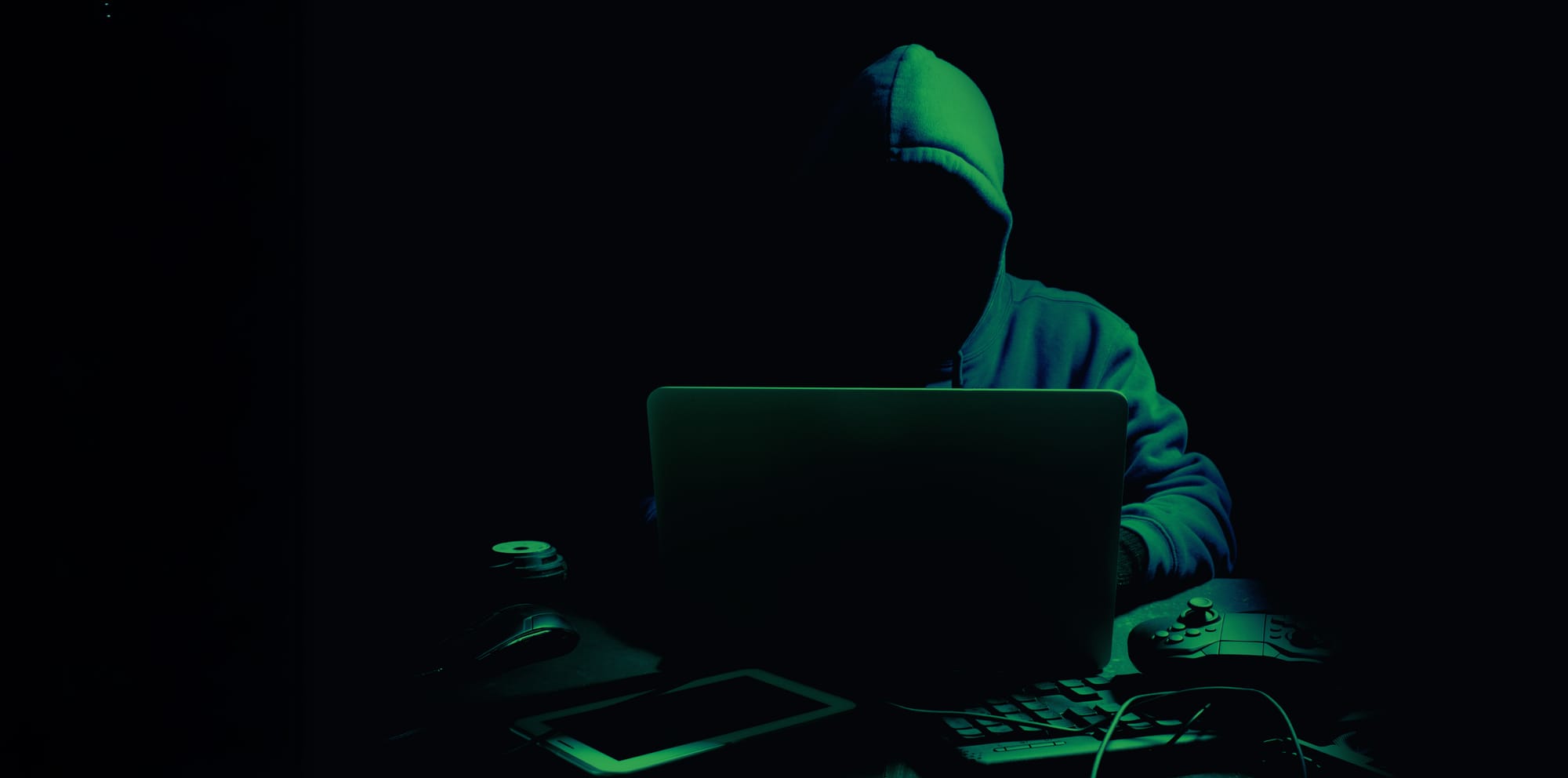When Private Info Becomes Public—Or Worse

- Identity theft: Fraudsters can open credit accounts or file tax returns in your name.
- Loan or unemployment fraud: Your info might be used to claim loans or benefits you didn’t request.
- Long-term credit harm: A single breach can drag on your credit score for years—especially if it’s harder to access legal or financial support when you need it.
Personal information—like your Social Security number, bank account details, or addresses—can fall into the wrong hands in a virtual heartbeat. When that data is leaked or sold on the dark web, it’s not just a privacy issue: it becomes a risk to safety, finances, and dignity.
In Black communities across the U.S., these risks feel especially high. Systemic gaps in access to education, credit, and trust in institutions can leave us more exposed to identity theft, predatory scams, and long-term financial harm. But knowledge is power. In this article, we’ll explore how personal data ends up on the dark web, spotlight recent trends and risks, and talk about what it means for us—as individuals and as a community.
How Does Personal Data Get Lost or Stolen?
Here’s how our information often ends up falling through the cracks—or worse, on the dark web:
- Data breaches at major companies — from healthcare providers to retailers to financial services. Hackers break in, steal user data, and dump it online.
- Phishing scams — fraudsters impersonate banks, employers, or government entities to trick people into giving up sensitive info.
- Malware and public Wi-Fi traps — sketchy apps or unsecured connections can secretly siphon off your data without you knowing.
- Physical theft — stolen wallets, mail, or devices can give thieves direct access to personal info.
What Does Recent Research Reveal?
- As of mid-2025, over 8 billion records have been exposed globally in data breaches alone.
- Black Americans report feeling less confident in their ability to identify phishing or fraud attempts—especially when communications mimic trusted cultural or religious voices.
- There’s a spike in employment scams—fraudsters posing as recruiters, offering boyish-sounding jobs with upfront fees. They often target career-seekers through LinkedIn messages, HBCU alumni networks, and social media groups.
What This Means for Us
Understanding how data breaches happen helps us act. But beyond individual vigilance, it reveals broader issues:
- Predatory schemes often exploit economic vulnerability.
- Systemic distrust toward banks or government agencies can cause people to overlook official fraud alerts—especially when scammers appear culturally familiar.
- When elder family members or underbanked relatives are affected, the financial and emotional toll spreads across households and even generationally.
Key Takeaways at a Glance
- Your data can leak through both online breaches and offline means—like theft or mail interception.
- Scammers increasingly tailor their strategies to look familiar culturally or within your networks.
- Identity theft, loan fraud, and credit damage are rising threats with deep, long-term consequences.
Wrapping It Up
Data loss isn’t just a technical problem—it’s personal, and it impacts us differently. Maintaining privacy and security is an act of resistance, self-determination, and protection of our community wealth. In the next article, we’ll go deeper into how we can shield ourselves—and each other—from harm. Stay tuned.

